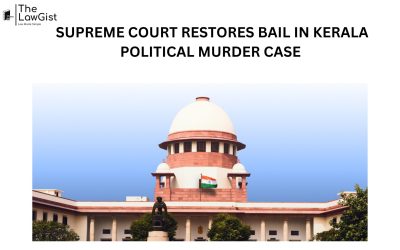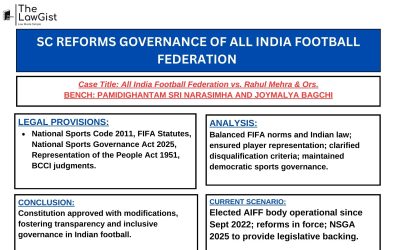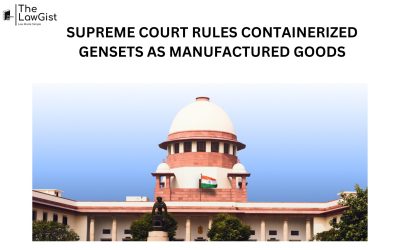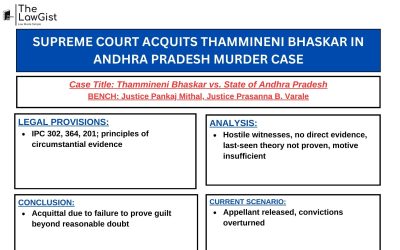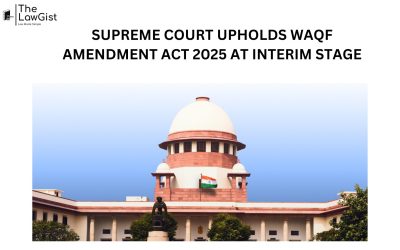
Supreme Court strikes down illegal post-facto environmental clearance regime.
CASE SUMMARY – In Vanashakti vs. Union of India, the Supreme Court struck down the 2017 Notification and 2021 Office Memorandum (OM) that permitted ex post facto environmental clearances.Supreme Court bans retrospective enviromental clearances in India. The Court held such clearances to be unconstitutional, violative of the Environment Protection Act, EIA Notification, and Article 21 of the Constitution. It criticized the Centre for enabling violators under the guise of one-time relaxations. Emphasizing the precautionary and sustainable development principles, the Court barred future policies allowing retrospective ECs. However, previously granted ECs remain unaffected. This landmark judgment reinforces India’s environmental jurisprudence and mandates strict compliance with EIA procedures.
SUPREME COURT BANS RETROSPECTIVE ENVIRONMENTAL CLEARANCES IN INDIA
| ASPECTS | DETAILS |
| Case Title | Vanashakti vs. Union of India, Writ Petition (C) No.1394 of 2023 & Ors. |
| Introduction | The petitions challenge the legality of ex post facto Environmental Clearances (ECs) under the Environment Impact Assessment (EIA) regime. |
| Factual Background | The EIA Notification, 2006 mandated prior ECs for projects. However, MoEFCC issued a 2017 Notification and 2021 OM allowing ex post facto ECs. |
| Legal Issues |
|
| Applicable Law |
|
| Analysis | SC reiterated that ex post facto ECs are contrary to environmental law and constitutional rights. The Court struck down the 2017 & 2021 norms. |
| Conclusion | The Supreme Court declared ex post facto ECs illegal and restrained the government from issuing similar future provisions. |
| Current Scenario | ECs granted under the struck-down rules remain unaffected. The verdict strengthens environmental compliance in India. |
“Ex post facto environmental clearance is an anathema to environmental jurisprudence.”
SOURCE – SUPREME COURT OF INDIA
READ ALSO – ARTICLE 21 OF CONSTITUTION



